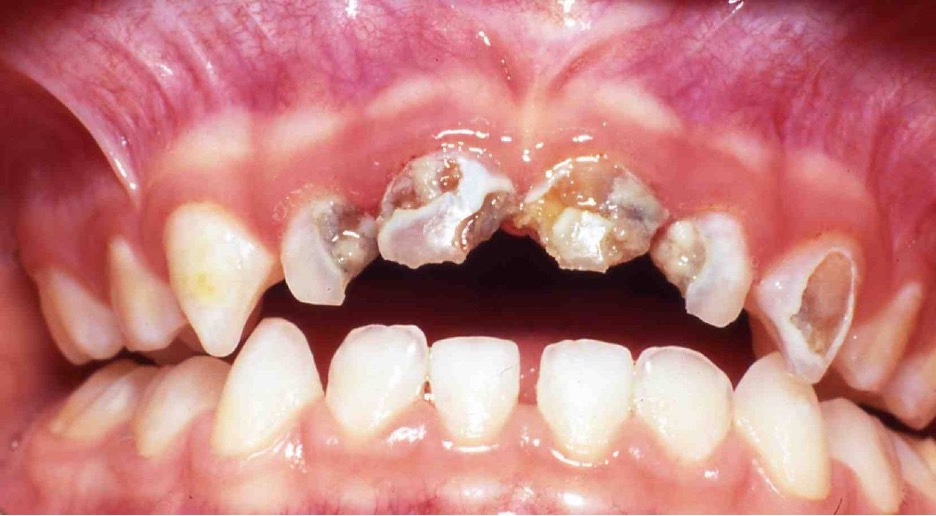Dental health is a cornerstone of overall well-being, yet its connection to diet often remains underestimated.
While brushing and flossing are widely recognized as essential practices for maintaining oral health, the foods and beverages you consume play an equally critical role in preventing dental diseases.
In this issue, we will discuss the role of diet in managing dental disease.
The Role of Sugar in Tooth Decay
The most well-documented dietary contributor to dental disease is sugar. When sugar is consumed, harmful bacteria in the mouth metabolize it, producing acids that attack tooth enamel. Over time, this leads to tooth decay, a process that results in cavities and eventual tooth loss if untreated. Frequent consumption of sugary snacks, soft drinks, and even certain fruit juices can significantly increase the risk of dental caries.
Acidic Foods and Erosion
Acidic foods and beverages, such as citrus fruits, soda, and vinegar-based dressings, can erode tooth enamel, making teeth more susceptible to decay and sensitivity. While these items are not inherently harmful, excessive or prolonged exposure can weaken enamel over time. Sipping acidic drinks throughout the day or not rinsing your mouth afterward can exacerbate this issue.
The Importance of Nutrient-Rich Foods
Conversely, a diet rich in essential nutrients can strengthen teeth and gums, aiding in the prevention of dental diseases. Calcium and vitamin D are crucial for maintaining strong teeth and bones. Dairy products, leafy greens, and fortified foods are excellent sources of these nutrients. Vitamin C, found in citrus fruits and vegetables, is essential for gum health, helping to prevent conditions like gingivitis. Additionally, phosphorus (found in fish, eggs, and nuts) and magnesium (present in whole grains and seeds) support overall oral health by contributing to the remineralization of enamel.
The Impact of Processed Foods
Highly processed foods often lack the fiber and nutrients necessary for good oral health. They also tend to stick to teeth longer, providing a breeding ground for bacteria. By contrast, whole foods like raw vegetables and fresh fruits stimulate saliva production, which helps neutralize acids and wash away food particles.
Hydration and Oral Health
Water is a natural ally in the fight against dental disease. Drinking water, especially alkaline and fluoridated water, helps rinse away food particles and bacteria. Water also promotes saliva production, which is essential for maintaining the mouth’s pH balance and protecting against decay.
Practical Tips for a Tooth-Friendly Diet
- Limit sugar intake: Choose healthier alternatives like fresh fruits instead of candies and desserts.
- Incorporate calcium-rich foods: Choose dairy or plant-based alternatives fortified with calcium.
- Rinse your mouth: After consuming acidic or sugary foods, rinse your mouth with water.
- Snack wisely: Choose nuts, cheese, or vegetables over processed snacks.
- Stay hydrated: Drink 8-10 glasses of water throughout the day and after meals.
Your diet is a powerful tool in preventing dental diseases.
By making informed choices about what you eat and drink, you can protect your teeth and gums, ensuring a healthier smile for years to come. Remember, good nutrition and oral hygiene go hand in hand—a balanced diet not only supports your body but also safeguards your dental health.

Severe damage to teeth due to heavy candy consumption

Severe erosion to teeth due to acidic drinks and teeth grinding
Dr. Kendal V. O. Major is Founder and CEO of Center for Specialized Dentistry which is a comprehensive family dental practice operating in Nassau and Freeport. He is the first Bahamian Specialist in gum diseases and dental implants since 1989. He also is a certified Fast braces provider. His practice is located at 89 Collins Avenue, Nassau at (242)325-5165 or [email protected]





